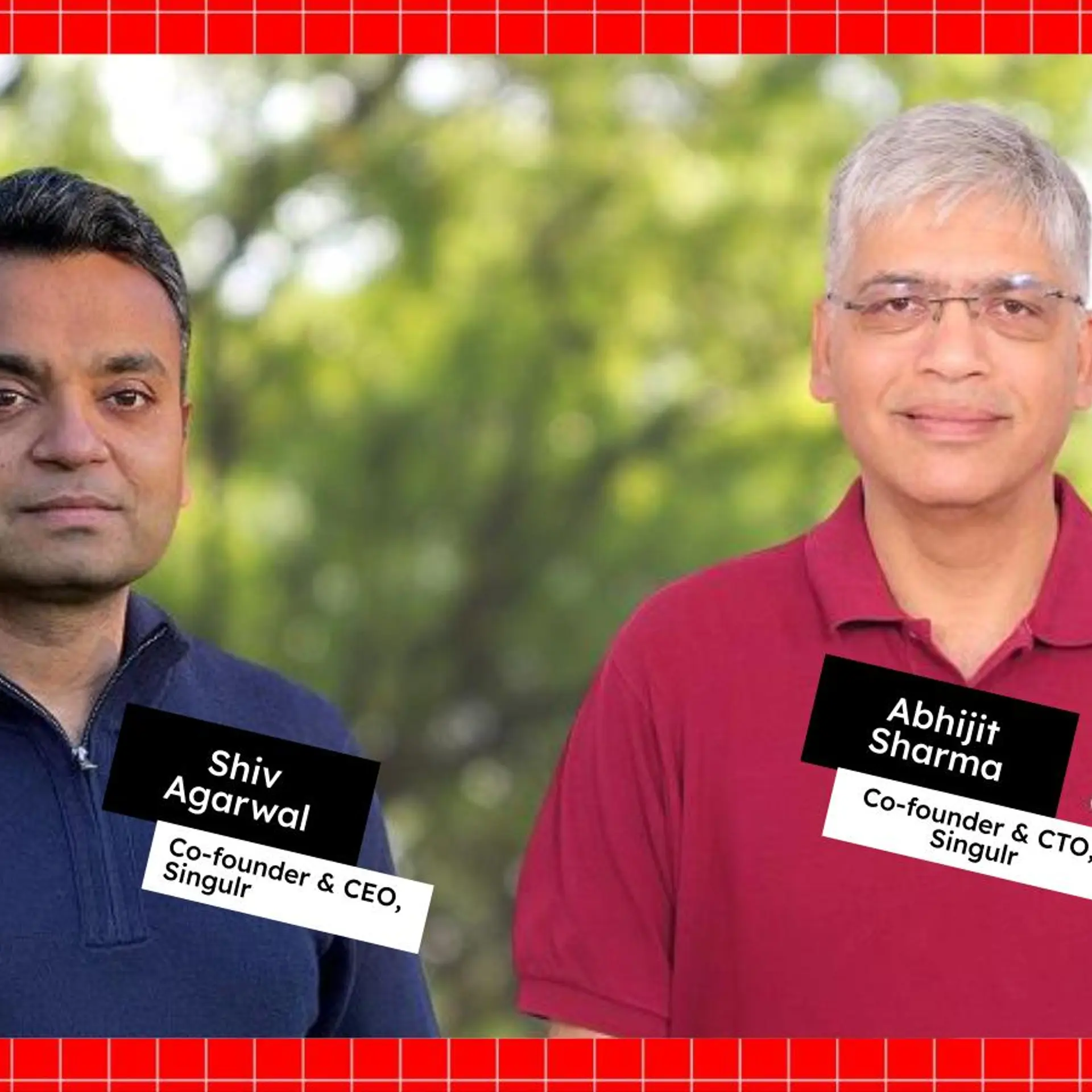When should a B2B company start with Sales and Marketing a new product?
This article is a follow up on the previous article about when and how to scale a B2B enterprise internationally?
Software startups are mostly started by Engineering Folks! There I said it. I can see hands raising.
Iteratively the product gets into shape and you start wondering “When should I start thinking about Sales and Marketing?”. Well my friend, if this is where you are then you are already a little late.

At the conceptualization stage itself some work needs to go around the segment to who you would like to sell to, and how you will sell in that segment. I know you believe that your product can fit in multiple scenarios, it’s a game changer, it’s a platform on which everything else would be built… “Hold On!” By thinking of so many things at the same time, chances of getting one right is miniscule.
Lets take an example, Assume you have designed a CRM which makes sense :) [They really don’t]. Now instead of saying I have a CRM, lets focus on one process; say sales. Good, can we further classify it into B2B Sales / B2C sales and even further trim it down to the industry vertical(s).
With this you will be able to think about real problems in that domain, rather than just creating another CRM. This thought pertains to product management, but we will get there some other day.
So the marketing has to kick in and figure out in the segment of choice the channels to reach that market. Channels could be:
- Online Try and Buy
- Inside-Sales / Field Sales combination
- Channel partners
- Riding an existing ecosystem (Like SFDC)
Once you have figured out the channels that you would like to explore, the teams that you need to build becomes clearer. It also becomes important at this stage to estimate what would be CAC (Cost of acquisition) of your customer of each channel. Rough estimates would do. Once you have made these estimates, this becomes your business model and now you just need to keep working on your model to prove that it works.
The day this can be proven, you can scale.
So Marketing kicks in the day you started thinking ‘product’, what about Sales? If in the founding team you do not have someone with sales experience [Our team at Drishti was like that], then I would advise you to have an early member who can contribute to both sales and marketing and can be a long term member. Of-course you being the founder would need to be selling for a long time (It never stops), but a formal Sales experience is very very valuable.
So once your product comes to a stage where you have early adopters you should hire sales teams to validate your model. At this stage fail fast is good to do quick experiments and; just make sure that your model is getting validated.
One of my recent learnings has been around Content. It is extremely important to get a content team in place if you plan to sell online. The old school SEO PPC just doesn’t cut it. An experiment I conducted on LinkedIn sponsored content worth 24 dollars was on same blog content but with two different titles:
A. Outbound Sales | Dial More to Sell more? | Intelligent Recycle strategies
Vs
B. Retry strategies for your b2c predictive-dialer campaign
A got 2 hits from about 100 impressions and B 0 hits from 1300 impressions! It took me two days to get to the title A.
So, in conclusion if you can get a Sales Marketing Specialist in your choice of Channels, get him/her on board the day you can find one. It will tremendously reduce your revenue cycle. If the funds become a constraint, then do your segmentation first, get your early adopters and immediately start experimenting with your channels, build quick experiments (outsourcing helps) and validate your model. The day your model is validated, hire the best Sales person on the planet for your choice of channel. Raise money if you need to, but don’t stay in the loop of selling yourself for very long. You would not scale that way.
Happy Hunting!
About the author:
Sachin Bhatia is the Co-founder and Executive Vice-President-Cloud Business at Drishti-soft Solutions (www.drishti-soft.com). He is a contact center specialist, who has been instrumental in taking Drishti’s next-generation communications solutions to multiple geographies and has spearheaded the launch of its cloud contact center solution, Texo.







